What Life is Like in Bethlehem
Posted in: Life in the Middle East
I’m from Bethlehem, Palestine. This is my home. My family has been rooted here for generations. I have spent my entire life in this city—47 years born and raised.
I’ve been with Anera since 1999, marking 25 years as of last month. I hold a bachelor’s degree in accounting and finance and a master’s in development and international cooperation. As a finance manager, I oversee financial resources, ensure compliance with donor requirements, and support Anera’s projects through financial management. I began my journey as an assistant accountant, just freshly graduated at the time.
My day starts early as I commute from Bethlehem to Jerusalem for work. I check road updates and checkpoint statuses to plan my route. After that, I get my kids ready for school, and we all leave together. The commute can be stressful, with delays at checkpoints adding uncertainty to my schedule. Once I’m at the office, I focus on my work, which means so much to me. I also enjoy being in Anera’s Jerusalem office, just to feel that I can go out of Bethlehem. In the evening, the commute back home is just as challenging.
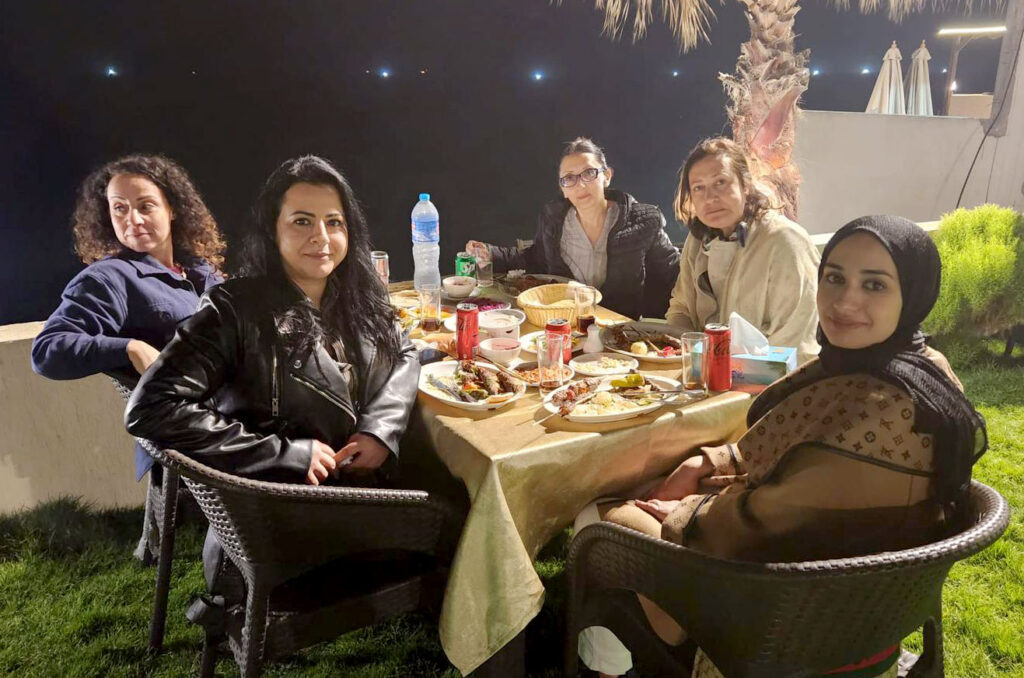



Bethlehem is a small city with about 30,000 residents. It’s isolated—the separation wall looms over it. When I first started at Anera, movement was much easier. But in 2000, they began building the wall and it now dominates the landscape. It feels like living in a big cage. Even traveling to other cities in the West Bank involves navigating roads with checkpoints that can delay trips for hours.
Options for leisure here are limited. There aren’t many public spaces or recreational facilities, but the simplicity of life and the warmth of the community make up for it. Spending time with loved ones is something I deeply value. Living in Bethlehem has taught me how essential freedom and basic rights are, particularly the freedom of movement. I wish our children could plan their days like other teenagers—going to the beach or watching a movie at the cinema—simple joys we lack here. Instead, they worry about whether they’ll be able to reach school, if it will even be open tomorrow, or if they’ll face obstacles sitting for their final exams. After finishing school, they’re left with limited opportunities, adding to the uncertainty of their future.
Since the war began, Bethlehem feels like a ghost town. Hotels, souvenir shops, and olive wood workshops are closed. Tourists are absent, and many restaurants don’t operate regularly. Mornings often begin with the presence of soldiers in the city, and schools sometimes advise parents to keep their children at home for safety. This adds to the constant tension we already endure. Even family outings to Jericho or Ramallah have become rare. What used to be a short trip can now take hours due to long delays at checkpoints, so we often stay home in Bethlehem.
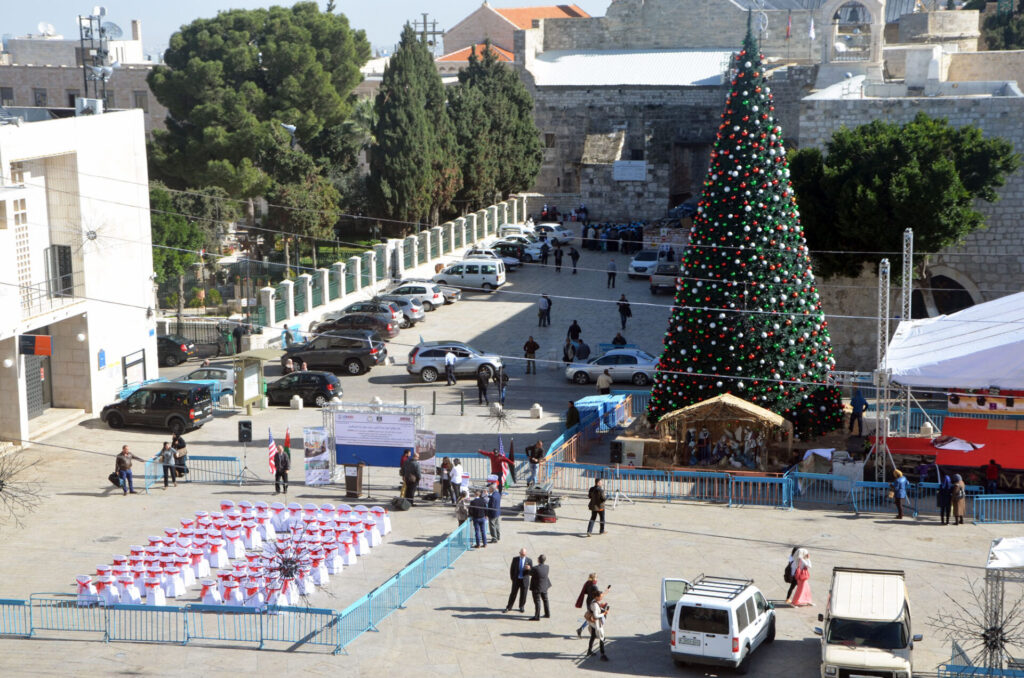

Christmas is one of Bethlehem’s most cherished traditions, holding cultural and historical significance for the city. Celebrations begin a month before Christmas with markets, parades, and the lighting of the Christmas tree, bringing together people from all backgrounds and beliefs. On Christmas Eve, scout processions lead to the Church of the Nativity, and Manger Square becomes a hub of joy and unity. The midnight mass usually attracts tourists from around the world, reflecting centuries of tradition. Sadly, in recent years, these celebrations have been affected by conflict and sometimes even canceled.
Last year’s Christmas, just two months after the war began, was deeply moving. The streets were dim, with no lights or trees, as many couldn’t celebrate amidst the heavy sadness. Instead of writing Santa’s wish lists, children mourned losses, and the sorrow was overwhelming. The Church of the Nativity built a symbolic grotto in Manger Square, featuring Jesus in a keffiyeh surrounded by rubble. It powerfully represented the resilience of children here and reminded us of the hope that persists even in the hardest times. I remember my eyes tearing up as I saw it—a poignant scene sending the message that this is the place where hope begins.
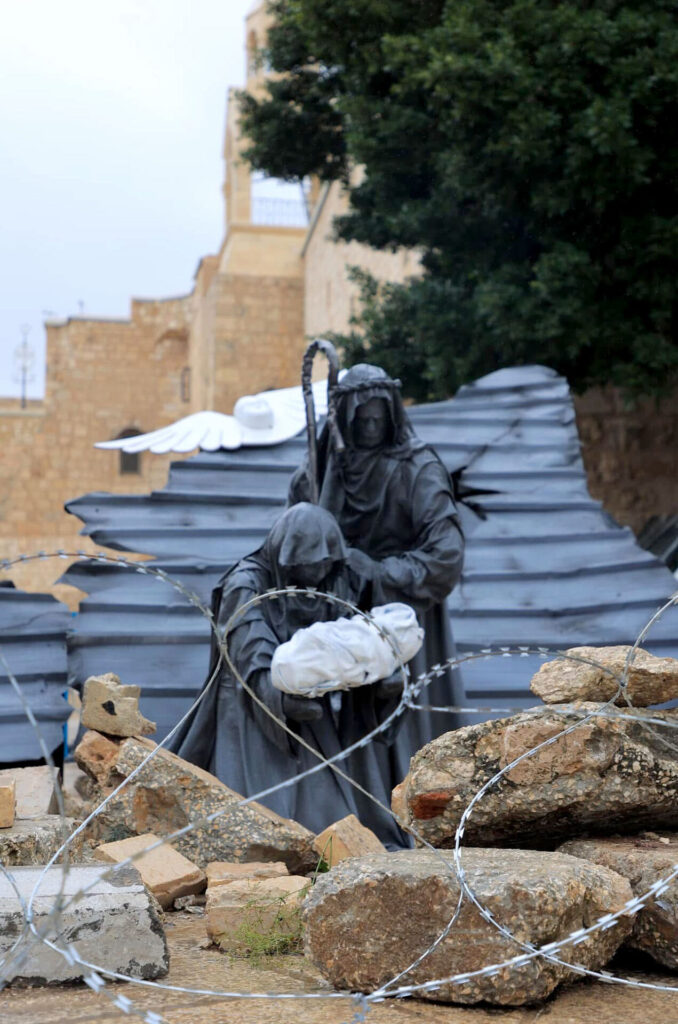

Many, especially young people, are leaving Bethlehem and emigrating due to economic instability, restrictions, and lack of opportunities. This trend is worrying, as it threatens the future of our community.
I dream of a future where our youth have reasons to stay, where they can live, work, and thrive in their homeland. Despite the hardships, I hold on to the belief that a better tomorrow is possible. Bethlehem, the city where peace was born, now cries out for the world to remember it—not just as a story, but as a community longing for justice and hope.
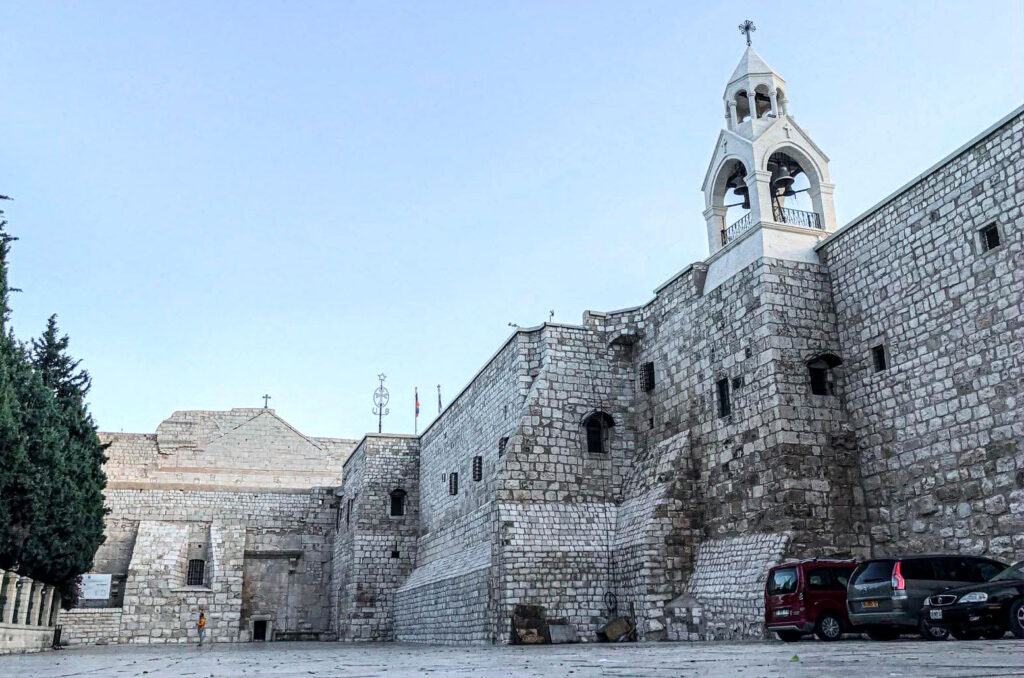

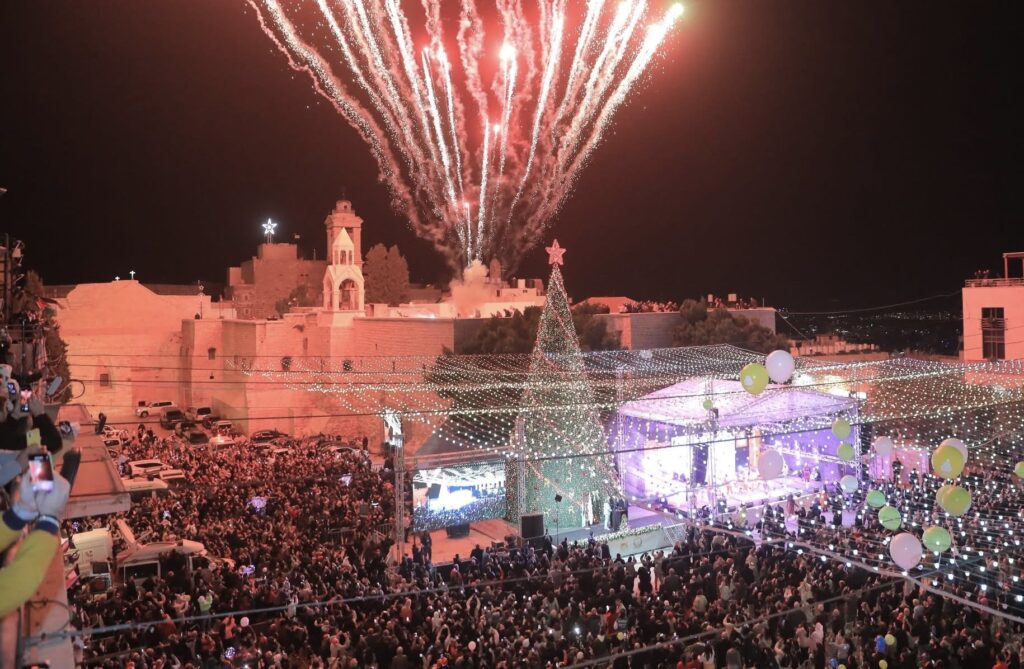

OUR BLOG
Related
In this log, Anera provides updates on unfolding war in Palestine and our response. In some cases, additional activities may be added retroactively to the daily entries as we receive additional program reporting. Questions? See our FAQ page June 30,…
